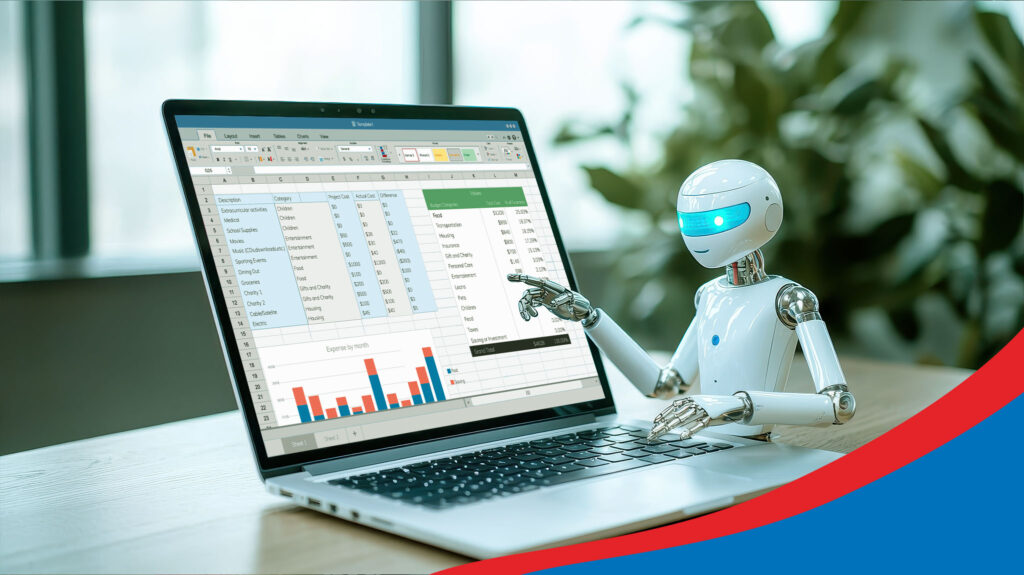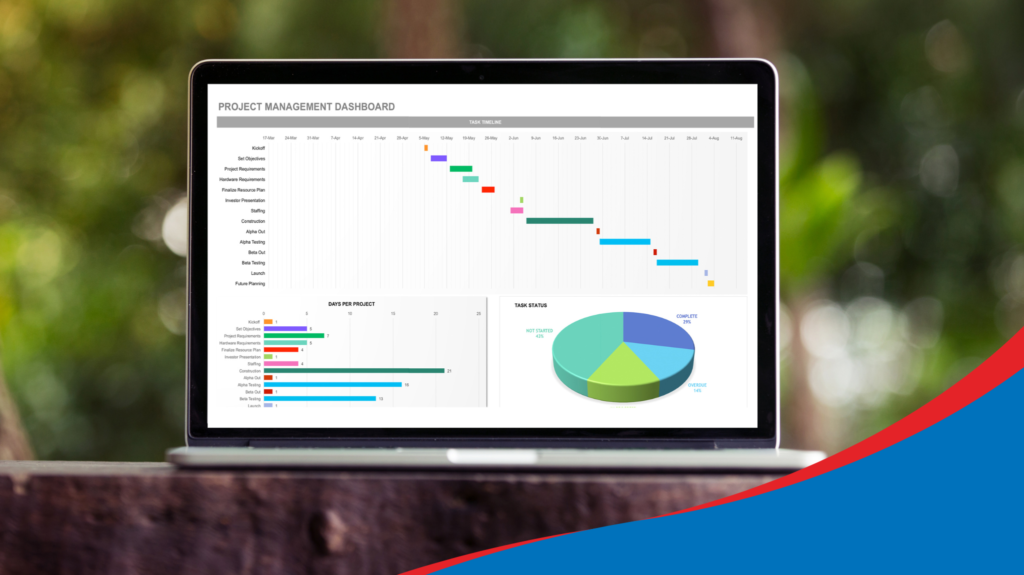Digital transformation has become a game-changer in sectors like retail, manufacturing, built environment, food services, transport, and tourism. While digital tools, automation, data analytics, and cybersecurity are paving the way for innovation, their implementation is not without challenges. Let’s explore some of these hurdles.
Retail & Manufacturing
In retail and manufacturing, automation and data analytics have opened doors for efficiency, precision, and cost-saving. However, the complexity of integrating automated systems and comprehending vast amounts of data is a considerable challenge. Retailers struggle to harmonize data from various sources, and manufacturers grapple with adopting automation due to high upfront costs and technical expertise required.
Moreover, as the adoption of digital tools and systems increases, cybersecurity threats loom larger. Cyberattacks can disrupt operations, compromise customer data, and harm reputations. Both sectors need to invest in robust cybersecurity infrastructure and practices to shield their digital assets.
Built Environment & Food Services
The built environment and food services sectors are increasingly relying on digital tools, like 3D printing and virtual reality, for design visualization, inventory management, and enhanced customer service. However, technological illiteracy and resistance to change present significant hurdles. Furthermore, these tools generate extensive data that require secure storage and processing, again highlighting the need for advanced data analytics and cybersecurity measures.
In the food services sector, while automation can streamline processes and enhance service speed, the challenge lies in maintaining the human touch that is intrinsic to hospitality. Similarly, cybersecurity is a growing concern as digital transactions become more common.
Transport & Tourism
The transport and tourism sectors have become digital front-runners, with online booking systems, automated check-ins, virtual tours, and AI-driven recommendations. However, these features require sophisticated data analytics, often beyond the capabilities of many organizations. Moreover, as more services go online, the threat of cyberattacks increases.
Rapid digital transformations in these sectors often outpace the establishment of effective cybersecurity measures. Concerns over privacy and data protection can also deter customers from utilizing digital services. Hence, these sectors must ensure user trust by prioritizing secure data practices and implementing robust cybersecurity measures.
In conclusion, while the digital era offers unprecedented opportunities, it brings unique challenges. To overcome these, sectors need to invest in digital literacy training, change management, and robust cybersecurity measures. Leveraging data analytics and automation, they can drive efficiency, improve customer service, and keep pace with ever-evolving consumer demands. The key lies in understanding that this digital transformation is a journey, not a destination, requiring constant learning, adaptation, and investment. Hence, at James Cook Institute, we are pleased to announce that we are one of the programme partners selected to conduct the SkillsFuture for Digital Workplace 2.0.
What is it for me?
In this 2-day workshop, learners will learn the digital transformation skills according to their industry i.e. Tourism, Food Services, Retail, Manufacturing, Built Environment or Transport. Learners will have an opportunity to experience the usage of 3D printing and virtual reality as well as gain insights to the different digital tools that will impact the respective sector.





